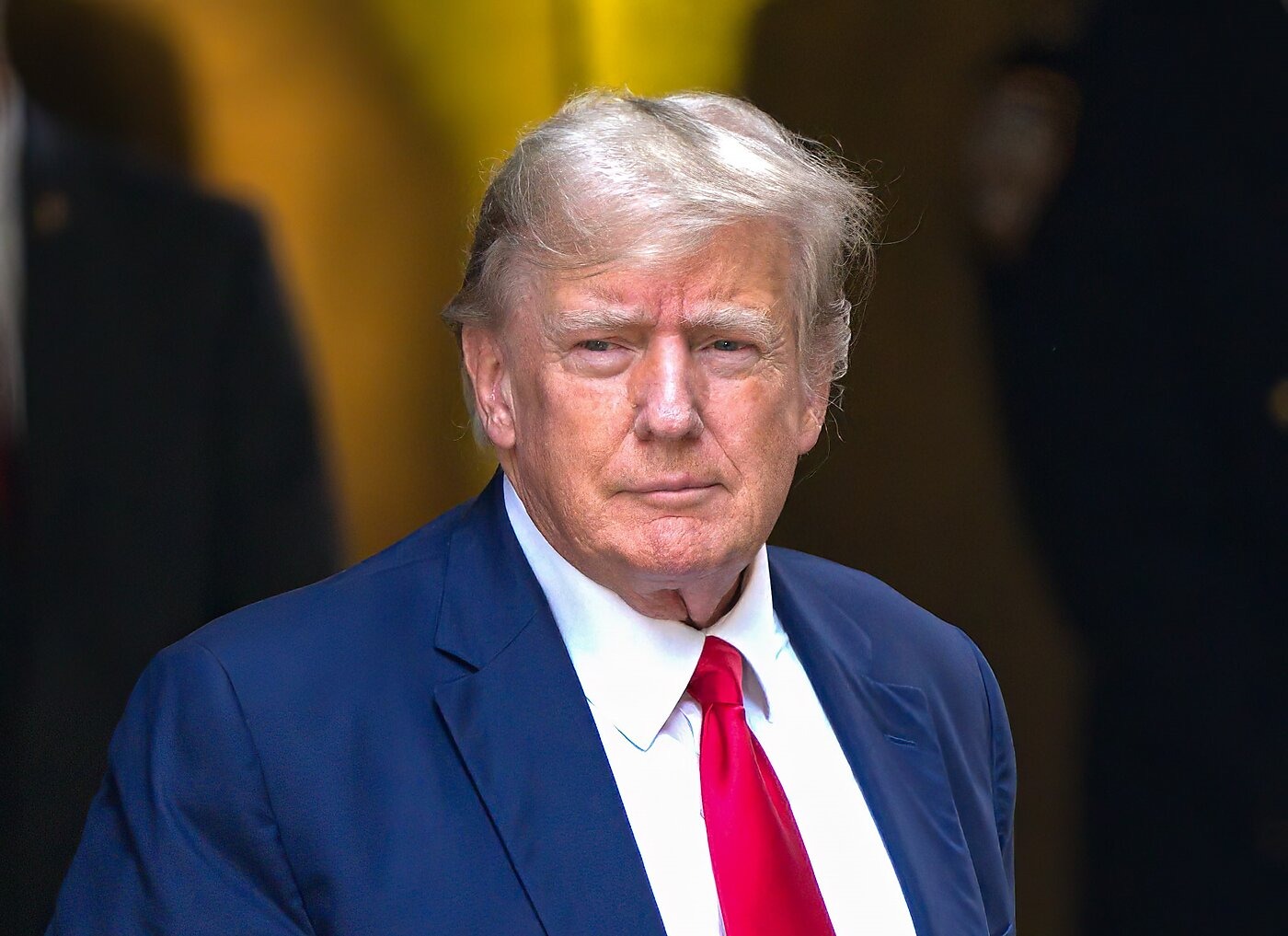In a unanimous decision, the Supreme Court ruled in favor of former President Donald Trump, allowing him to remain on the 2024 Republican presidential ballot.
The decision overturned a ruling in Colorado that disqualified Trump from returning to office due to his conduct surrounding the January 6, 2021, attack on the U.S. Capitol.
The justices argued that the Constitution does not grant a single state the authority to disqualify a presidential candidate from national office.
They expressed concern about potential disruption and a chaotic situation if candidates could be declared ineligible in some states but not others based on the same conduct.
The court stated in an unsigned 13-page opinion that the Constitution does not require such chaos, and avoiding it is crucial, especially leading up to and possibly beyond the presidential inauguration.

Donald Trump (Credits: The Australian)
This decision impacts Trump’s candidacy and other states with similar challenges to his eligibility. It also means that, for the time being, the Supreme Court will not directly influence the course of the 2024 presidential election.
While the decision was unanimous, the court’s three liberal justices also wrote separately, saying the conservative majority went too far and decided an issue that was not before the court in an attempt to “insulate all alleged insurrectionists from future challenges to their holding office.”
The justices fast-tracked the challenge from voters in Colorado and issued their decision one day before Super Tuesday when that state and more than a dozen others hold nominating contests.
In a sign of the high court’s awareness of the election calendar, the justices announced the opinion on the Supreme Court’s website on a day when the court was not in session instead of issuing it from the bench later this month.
On Monday afternoon, Trump praised the ruling as “well-crafted” and “extremely important” in remarks from Mar-a-Lago, his Florida home and private club.
Trump’s eligibility to return to office was not the only question before the justices that could affect the electability of the former president, who is facing four criminal indictments, two of them related to his efforts to block Joe Biden’s 2020 election victory.
Next month, the high court will hear Trump’s claim that presidential immunity protects him from criminal prosecution. The justices’ decision to take that case delayed Trump’s D.C. federal trial for allegedly trying to overturn the 2020 election results until at least late summer, just a few months before the general election.
The justices have separately agreed to review the validity of a law used to charge hundreds of people in connection with the Jan. 6 riot, which is also a key element of Trump’s four-count federal election obstruction case in Washington.
























